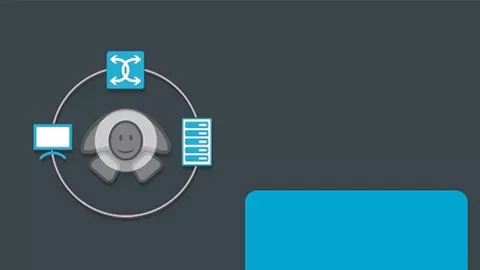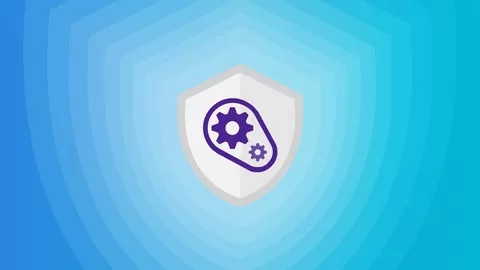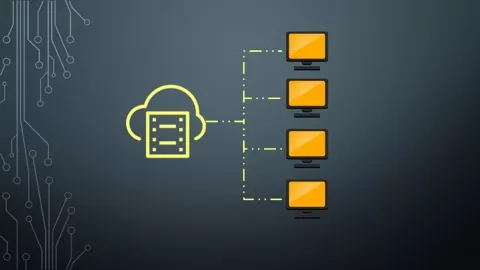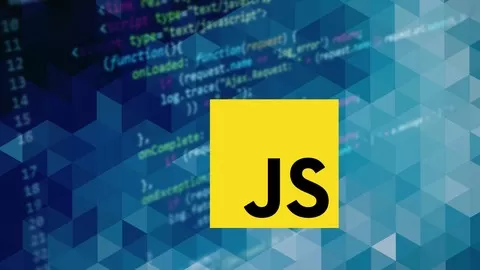It is no surprise that automation and orchestration make life very easy, be it a small organization or a large-scale industry that houses hundreds of servers. IT automation is essentially the ability to orchestrate and integrate tools, people, and processes through a certain workflow. Automation with Ansible, Puppet, and Salt is a Learning Path that looks at the most popular tools for automation, their advantages, and how you can use each of these tools to automate your IT infrastructure effectively.
Packt’s Video Learning Paths are a series of individual video products put together in a logical and stepwise manner such that each video builds on the skills learned in the video before it.
In this one, we’ll cover the why and how of Ansible, Puppet, and Salt, in a step-by-step, progressive manner. Initially, we focus on Ansible. You will learn how to manage environments and implement strategies in Ansible and be introduced to Ansible Galaxy and Tower, which are Ansible’s enterprise tooling for supporting large-scale infrastructure. We then move on to learning Puppet. Puppet is a configuration management tool that allows you to automate all your IT configurations. Using Puppet you can control each Puppet agent in a network. You will learn how to do so by first understanding the Puppet ecosystem and then detailed topics such as configuration and management of Puppet servers, environments, module repositories, and reusable modules. With Salt too, we use a similar approach. We start from the basics, such as installing, configuring, deploying, and managing a web application to advanced concepts like Docker containers across multiple systems behind a HAProxy load balancer.
By the end of this Learning Path, you will be able to build and manage your infrastructure and fully utilize its potential.
This course is authored by some of the best instructors in this field:
David Cohen worked as a system administrator, platform engineer, DevOps engineer, and software developer in everything from small businesses to growing companies (100+ employees) and large tech/engineering firms (10,000+ employees). He owns a YouTube channel, where he has helped tens of thousands of people learn the basics (and not-so-basics) of system administration, DevOps, and software engineering.
Anirban Saha is an infrastructure professional with more than six and half years’ experience in infrastructure management at various industries and organizations ranging from early startups to corporate environments. He has worked extensively with configuration management and automation tools including Puppet, Chef, Ansible, Saltstack, and Terraform, to name a few.
Seth House is an active member of the Salt community for the past five years and has worked at SaltStack for four years. He wrote the salt-api and also contributed to many core parts of Salt. He has collaborated with the Salt community and started the Salt Formulas organization.
Ansible for Network Engineers with GNS3, Ansible and Cisco IOS. Learn Network Automation & Programmability = the future
4.5
★★★★★ 4.5/5
76,496 students












